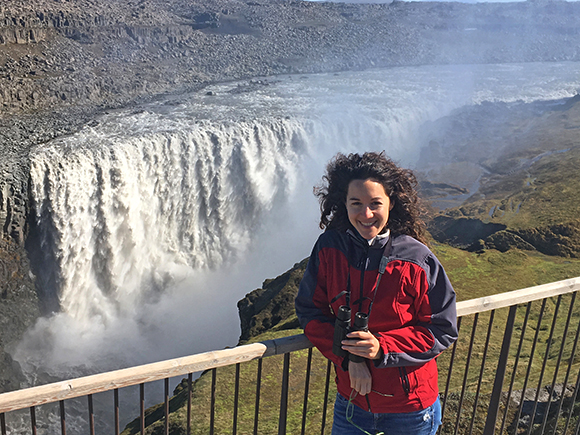Cool lizards do not like global warming!
Climate change is toppling our Earth's ecosystems out of balance in multiple ways, with often dramatic consequences. Many plants and animals are already impacted. But surprisingly, it is only poorly understood which are the specific threats, and how the actual consequences will look like.


